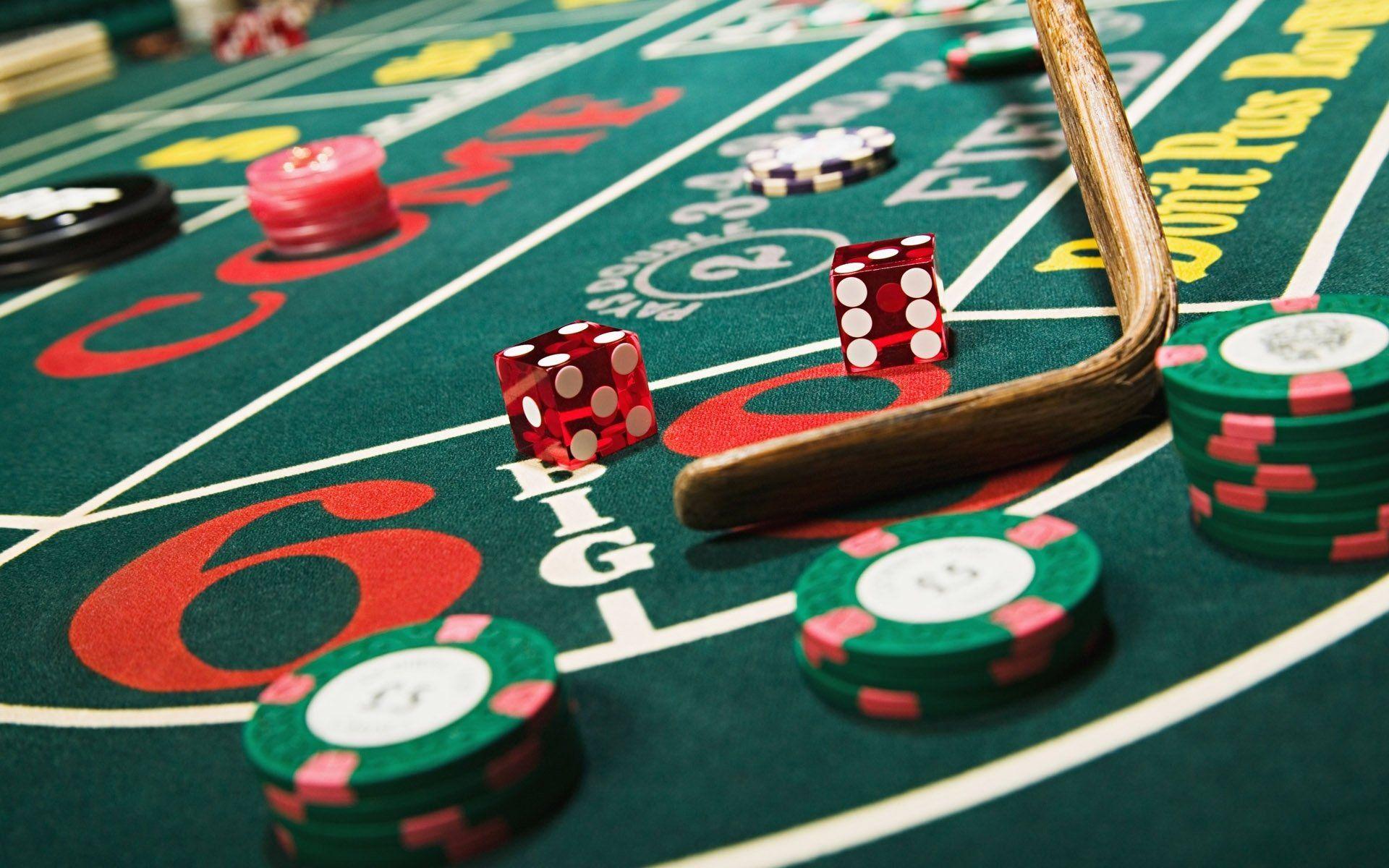Gambling has been an essential part of human recreation for millions of years, transforming through cultures and eras to become the dynamic casino activities we know today. From the ancient Chinese and Romans, who participated in various forms of gambling and chance, to the modern gaming floors of contemporary casinos, the attraction of gamble and reward has captivated individuals across the globe. The transition from simple dice games and rudimentary betting setups to the opulent environments of modern casinos reflects significant strides in both cultural standards and technological advancements.
As cultures evolved, so too did the complexity of gambling activities, with gambling activities emerging as a separate category of entertainment and excitement. These activities have transformed from informal gatherings centered around traditional tables to sprawling, opulent establishments designed to entice players. Today, we delve into this fascinating journey, analyzing how historical practices laid the groundwork for the diverse and exciting casino activities that bring joy to millions worldwide.
spintax
Early Betting Practices
Wagering has profound roots in human history, with indications of games of chance originating from ancient civilizations. Archaeologists have uncovered that as far back as 3000 BC, the Chinese were using basic forms of betting with dice made from wood. Similarly, ancient Mesopotamians engaged in gambling activities, often relying on the throwing of lots or dice to determine outcomes. These early forms of betting served not only as entertainment but also played important roles in social and cultural customs.
The people of Egypt also participated in gambling activities, with games that included betting on the results of various events, including sports and religious festivals. Artifacts such as dice and depictions of players from ancient tombs demonstrate that gambling was a common pastime. It provided both entertainment and a means of engaging in social connections, often linked to celebratory occasions or important gatherings. This behavior showed the universal appeal of chance and competition throughout history.
In ancient Rome, wagering became a prevalent practice among the people, as reflected by references in texts and the establishment of rules around certain games. Romans enjoyed a variety of betting activities, from wagering on horse races to playing games similar to modern-day board games. The legal framework surrounding these activities began to take shape, establishing the foundations for betting regulations that would evolve in the centuries to come. The fame of gambling during this period set the stage for the development of casino games in the future.
The Evolution of Gambling Games
Gambling games have gone through significant transformations from their roots to the modern-day entertainment offerings. In historical civilizations, gaming was commonly linked to ceremonial practices, with games of dice found in the ancient Mesopotamian region and wagering on the outcomes of events in old Rome. These early forms of gambling laid the basis for the formal games we see today. The shift from informal gambling to systematic games took place as societies began forming rules and venues for wagering, demonstrating cultural values and practices.
The Middle Ages saw the development of card games, which gained fame among the nobility of Europe nobility. Games like first and baccarat became staples in social gatherings. The creation of printing technology also facilitated the spread of playing cards, making them more accessible to the general public. As gambling houses began to increase, these card games developed into variations that appealed to wider audiences, eventually leading to the creation of casinos as specialized venues for gaming.
The twentieth century marked a significant point in the evolution of casino games, with the ascendancy of commercial casinos in Las Vegas and other gaming hubs. This era introduced games like video slots and modern adaptations of table games, complete with advanced graphics and intricate betting structures. The advent of online casinos in the late 1990s further transformed the gaming industry, allowing players to access a great variety of casino games from the convenience of their homes. Today, gambling games go on to progress, blending classic elements with state-of-the-art technology to create engaging experiences for players globally.
Contemporary Gaming Laws

In these years, the area of gaming laws has evolved significantly, especially as technology and online gaming have become ever prevalent. Regulatory bodies around the planet have enacted numerous laws and guidelines to guarantee that gaming activities are performed equally, with responsibility, and clearly. These regulations often include aspects such as licensing, marketing, player safeguards, and responsible gambling measures. Authorities aim to minimize problems such as gambling addiction and cheating while promoting a fair gaming environment. vb88
The emergence of internet gambling sites has created a need for a new approach to regulation. Many legal areas have set up dedicated internet-based gaming structures that serve internet-based gaming, enabling operators to offer their services legally. These frameworks often require operators to obtain permits, adhere to strict security protocols, and provide assistance options to assist players. By vigilantly monitoring online activities, regulators can more effectively protect consumers from risks and make sure that gambling is carried out in a secure manner.
Moreover, contemporary gaming regulations are progressively centering around sensible gaming initiatives. Many casinos and internet-based platforms now adopt features such as player exclusion, deposit limits, and breaks to help players manage their gaming habits. Educational campaigns aimed at raising awareness about the risks of gaming are also common. As the sector continues to grow, the emphasis on sensible gaming continues to be a cornerstone of regulatory efforts, reflecting a dedication to promoting a safe and enjoyable gambling experience for all players.